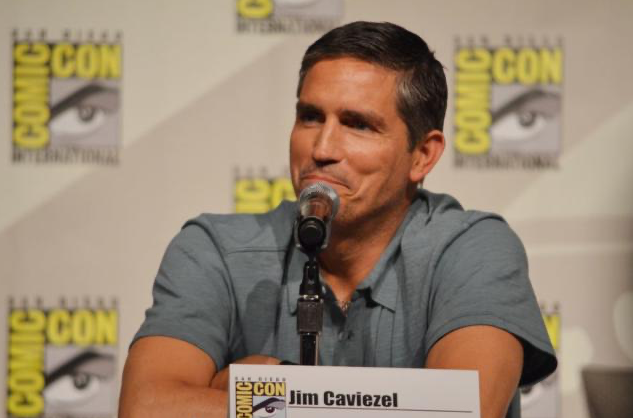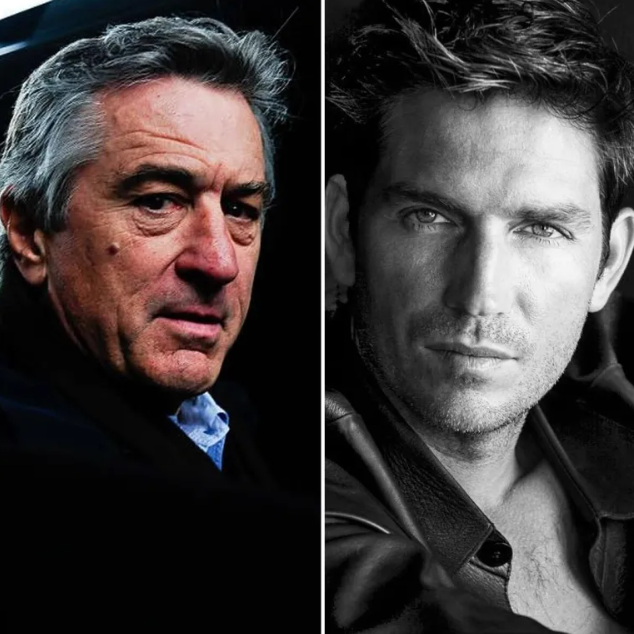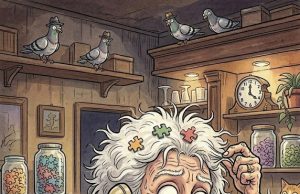
In an unexpected turn of events, actor Jim Caviezel has made news in the entertainment industry after calling renowned actor Robert De Niro a “awful, ungodly man” and refusing to work with him. Hollywood has been rocked by the statement, sparking debates over how personal beliefs and professional relationships may coexist.
This article delves into the specifics of Caviezel’s audacious choice, the motivations for his rejection of working with De Niro, and the wider ramifications of such outspoken statements in the film industry.
Gaining notoriety for playing Jesus Christ in Mel Gibson’s “The Passion of the Christ,”, Jim Caviezel is noted for his steadfast adherence to moral principles and his deep Christian convictions.

However, Robert De Niro is renowned for his wide range of roles and candid opinions on a wide range of social and political topics. Caviezel’s reluctance to collaborate with De Niro has drawn attention to the conflict between individual morality and the teamwork involved in filmmaking.
When questioned about possible partnerships with De Niro in a recent interview, Caviezel made this statement. Without equivocation, the actor replied, “I won’t work with Robert De Niro.” He is a terrible, ungodly man.
The statement’s forceful wording immediately attracted the attention of both fans and the media, raising concerns about the specifics of the supposed falling out between the two stars. Caviezel refrained from discussing specifics in the interview, but it is clear that his choice is the result of a fundamental conflict of beliefs.
Caviezel’s vocal Christian beliefs and commitment to projects that share his moral compass make it plausible to believe that he feels there is a mismatch between De Niro’s public image and previous behaviour.
Caviezel’s statement lacked detail, leading to conjecture and increased public curiosity in the underlying dynamics. Actors expressing their public opinions on a range of topics, such as refusing to collaborate with specific people, are nothing new in the entertainment industry.

But Caviezel’s audacious declaration sparked various discussions. Some commend him for sticking to his convictions, viewing it as an uncommon display of sincerity in a field that is frequently attacked for its moral relativism. Some argue that making such public statements is foolish and could restrict future career options as well as maintain industry divide.
The fact that Caviezel rufused to collaborate with De Niro highlights more significant issues regarding how performers manage their personal convictions in the cooperative and frequently divisive world of Hollywood. Though diversity of opinion and expression has historically been beneficial to the profession, there are an increasing number of cases where players create boundaries based on their own convictions.
The episode captures the changing face of Hollywood, where people are willing to stand by their values even if doing so puts them in jeopardy with their careers. There have been cases in the entertainment industry where public remarks made by actors have helped or hurt their careers. Caviezel’s refusal to collaborate with De Niro might win over like-minded people who respect his steadfast adherence to his convictions.
In addition, it calls into question how his public statements may be interpreted by industry professionals, who might be wary of such statements going forward. One of the main characteristics of Jim Caviezel’s public persona has been his strong Christian beliefs. His performance in “The Passion of the Christ” thrust him to stardom as an actor willing to play parts that align with his religious beliefs.
The argument with De Niro highlights the difficulties actors encounter in trying to uphold their morality in a field notorious for its complexity and moral ambiguity. Regarding the performers in question, Caviezel’s reluctance to collaborate with De Niro raises questions about the wider ramifications for Hollywood and the entertainment sector. The event brings attention to the existing tension.
The topic of how personal beliefs and professional obligations interact in Hollywood has gained attention as a result of Jim Caviezel’s morally-driven refusal to work with Robert De Niro.
The episode illustrates the changing face of a business where performers are publicly expressing their convictions because they are motivated by their values. The confrontation between Caviezel and De Niro serves as a reminder of the careful balance between individual ethics and the communal spirit that characterises filmmaking as the entertainment industry continues to work through these problems.



















